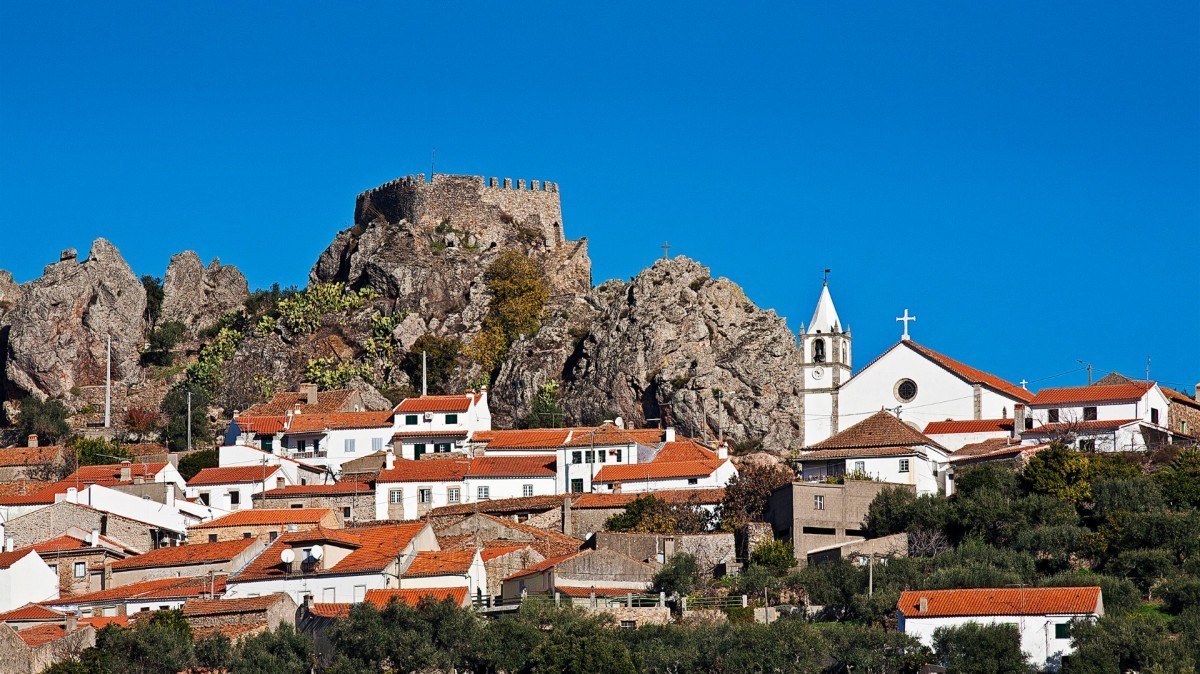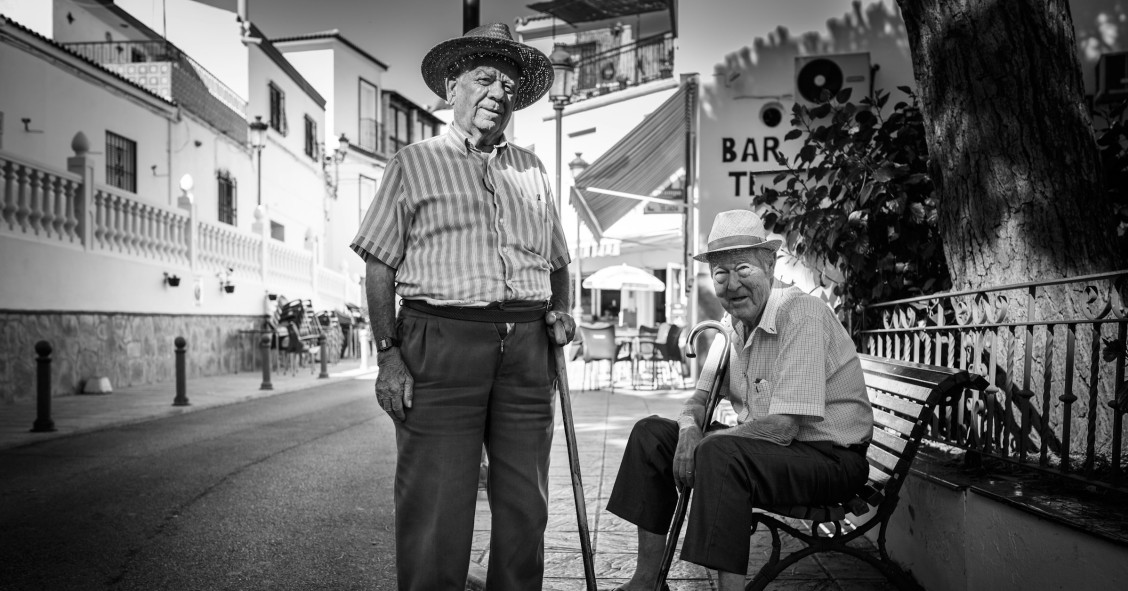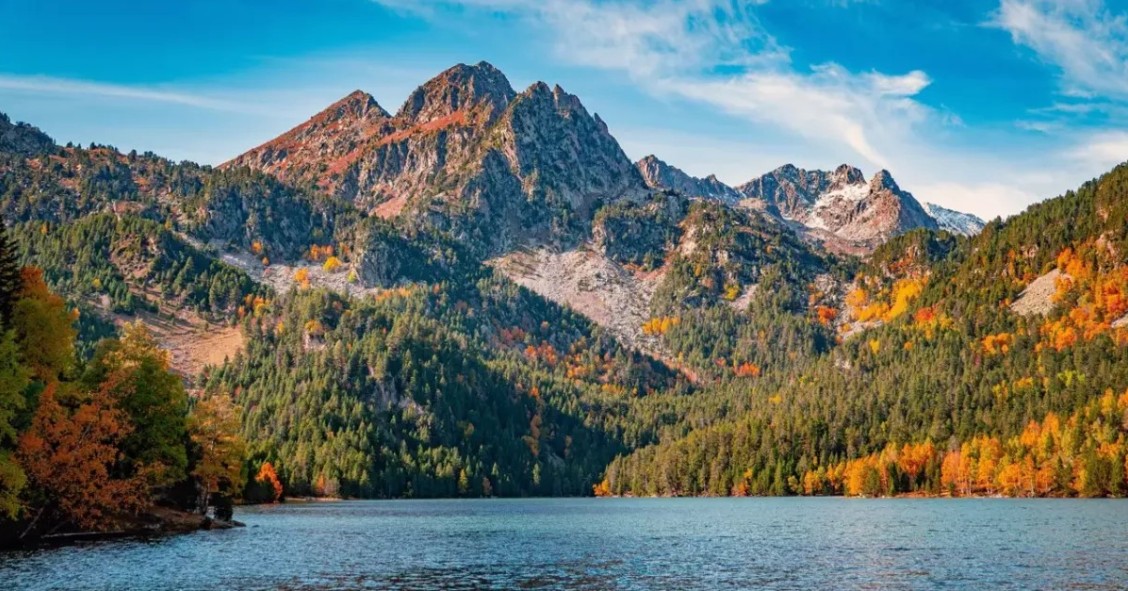
Portugal and Spain are gaining ground at the Iberian summit, which kicked off on Tuesday, 14 March 2023 in Lanzarote, in the Canary Islands, on a joint project to "revitalise and recover" border towns, according to the Portuguese Minister for Territorial Cohesion, Ana Abrunhosa.
"The idea is to revitalise and recover life in these villages, some of which are practically abandoned, while others have lost a large part of their population and their activity," Ana Abrunhosa told the Portuguese news agency, Lusa.
According to the minister, the programme aims to "bring innovative and competitive business investment to these villages", "innovative projects that create jobs", and encourage activities "that are normally more common in other places".
Ana Abrunhosa argued that the growth of teleworking, for example, has created opportunities for these villages to have "economic activity that they would not normally have", but "technological conditions" among others must be created for this to happen, which could be "competitive territories beyond agriculture, livestock farming or agro-industry", in a "diversification of the traditional economic and social base".
According to the Minister for Territorial Cohesion, these conditions include new telecommunications infrastructures, guaranteed connections with small urban centres and recovering heritage.
Renovating homes for people to live in
The aim is to "renovate homes for people to live in" and "heritage for companies to set up in, for coworking spaces, for companies or associations to provide training," or "to recover heritage for cultural projects between the two borders".
The minister insisted that it is a question of "revitalising heritage, but the heritage needed to attract new economic activity", valuing the potential of each area, "but now with more knowledge and technology".
Ana Abrunhosa said that the programme details will be presented soon in Penha Garcia, parish of Idanha-a-Nova, in the district of Castelo Branco, and one of the villages already selected to be part of the project.
Portugal and Spain have already chosen several villages for this programme, said the minister, who added that the funding will also come from European funds.
The projects will be different for each village because the aim is to enhance the potential of each place to "attract and retain talent in these areas, which today are highly sought after, not only by digital nomads but also by other companies that consider these areas more appealing to develop their activities", according to the Minister for Territorial Cohesion.
Ana Abrunhosa added that "these projects cannot only involve towns and villages" and they will have "multiple partners".
Enhancing the dynamism of border territories
The two countries have also signed two memoranda of understanding. The first is for collaborating in the revitalisation and innovation of small cross-border towns and villages.
The main objective is to revitalise these areas sustainably and inclusively, reduce regional asymmetries and contribute to equal opportunities among citizens. The projects also aim for innovative and competitive business investment, job creation, digital transformation, energy transition, climate transition, sustainable mobility and circular economy.
The memorandum highlights the importance of small towns and villages in society, which provide food and contribute to the preservation of essential ecosystems. It recognises these places as spaces that combine well-being, quality of life and sustainability and seeks to promote their economic and social development in line with the long-term vision for rural areas of the European Union and the Treaty on the Functioning of the European Union in the framework of economic, social and territorial cohesion.
A "rural border campus"
The programme is part of the strategy to develop border regions announced by Portugal and Spain in 2020 at the Iberian Summit in Guarda.
At this year's summit, and within the same cross-border strategy, Portugal and Spain will also sign an agreement to create the "cross-border rural campus". This will allow higher education students from both countries to carry out work placements and research work in rural and underpopulated areas.
According to Ana Abrunhosa, the aim is for students to "get to know these realities better", "to combat prejudices and misperceptions about inland and cross-border territories", and study these areas and regions through academic work.
The 34th summit between Portugal and Spain was held until Wednesday (15 March 2023) in Lanzarote on the Spanish archipelago of the Canary Islands.
Since it was announced in 2020, the Common Cross-Border Development Strategy of Portugal and Spain has been at the heart of the agreements arising from the bilateral summits. The strategy covers 1,551 parishes, approximately half of the Portuguese parishes and an area corresponding to 62% of Portugal. On the Spanish side, it includes 1,231 municipalities, corresponding to 17% of Spain's surface area.
Portugal and Spain share the longest land border in the European Union, a territory marked – for the most part – by depopulation.






